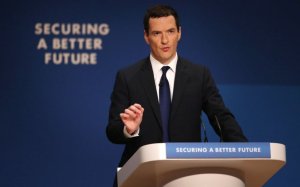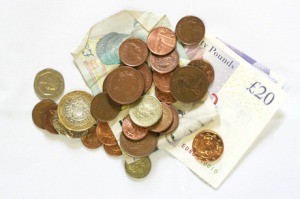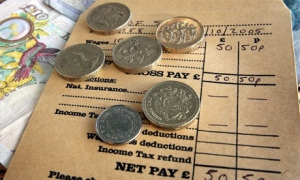The Confederation of British Industry (CBI) has warned that the Chancellor’s upcoming policy changes could potentially create a £9 billion-a-year ‘burden’ for businesses.
The business group has calculated that schemes such as the Apprenticeship Levy, National Living Wage (NLW) and the ‘outdated’ business rates system will potentially amount to a £29 billion cost for businesses over the course of the Parliament.
The CBI’s Budget submission urges Chancellor George Osborne not to add to businesses’ ‘cumulative burden’, calling for targeted steps to support firms and their ambitions for growth.
The introduction of the Apprenticeship Levy in April 2017 could bring an estimated £11.6 billion in costs over the following five years, whilst the NLW is expected to cost businesses £12.6 billion.

The CBI has set out a series of recommendations to assist businesses, which includes an overhaul of the UK’s business rates system, outlining a clear direction on energy policy, cutting recruitment costs and supporting investment and innovation.
The group has suggested that the business rates system should be uprated in line with Consumer Price Inflation (CPI), instead of the Retail Price Index (RPI).
Carolyn Fairbairn, CBI Director-General, stated: ‘A spate of recent Government policies, including the NLW and the Apprenticeship Levy, will cost the economy around £9 billion a year by 2020. The UK needs to be able to grow its way out of the deficit, but the danger of this rising policy burden is that it holds back businesses, particularly smaller firms.
‘In this Budget, business will want to see the Government updating the UK’s business rates system, supporting investment through the capital allowance system and equipping our world-class innovators with the tools they need to compete globally.’
Additionally, Ms Fairbairn argued that taxes introduced within last year’s Summer Budget and Autumn Statement had weighed heavily on the UK’s economy.
The Chancellor will present the 2016 Budget on Wednesday 16 March. Our website will contain a summary of the key Budget announcements – please visit regularly for more information.


